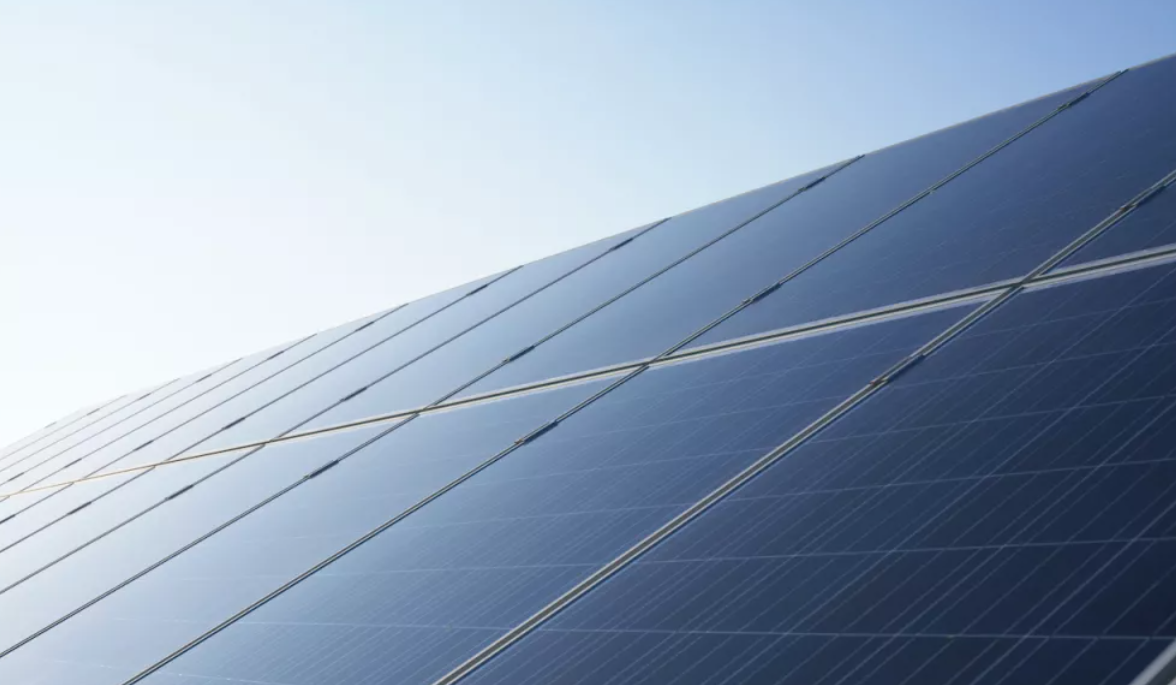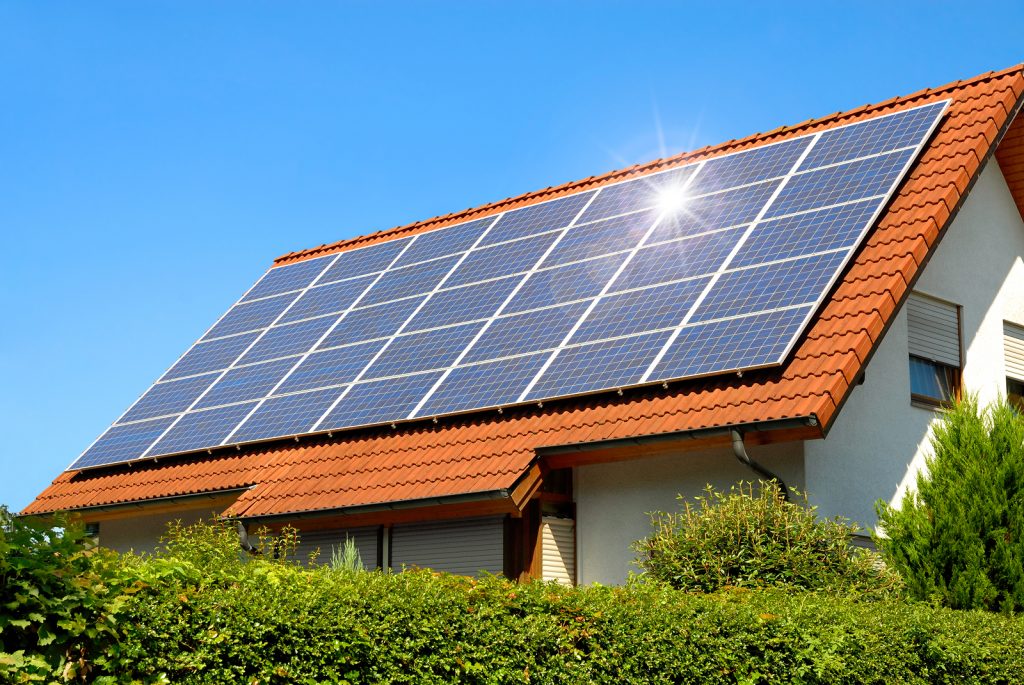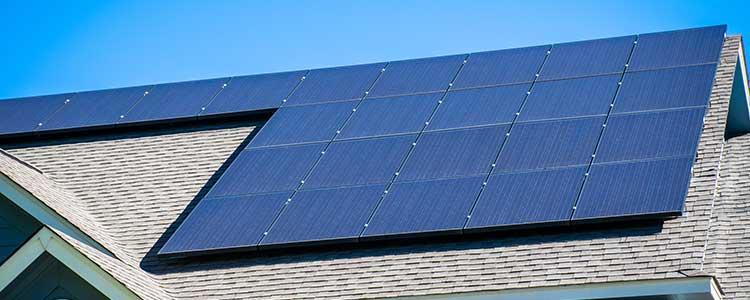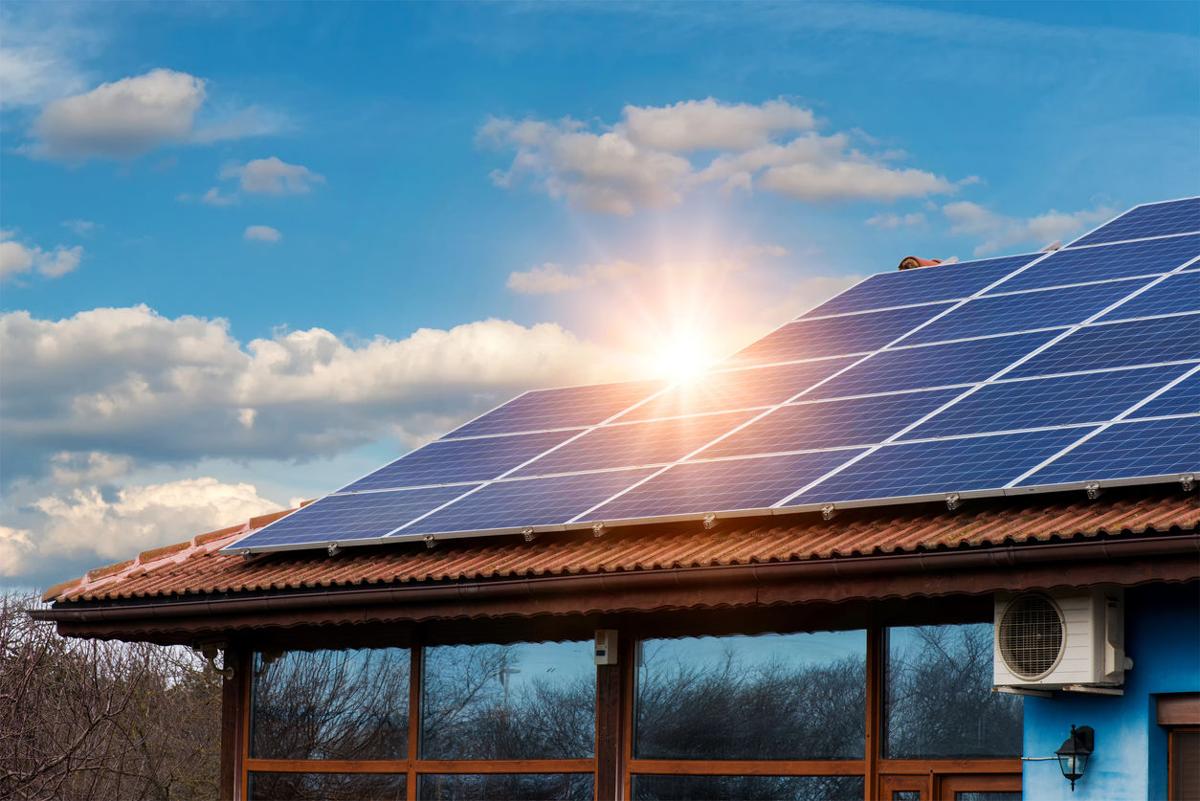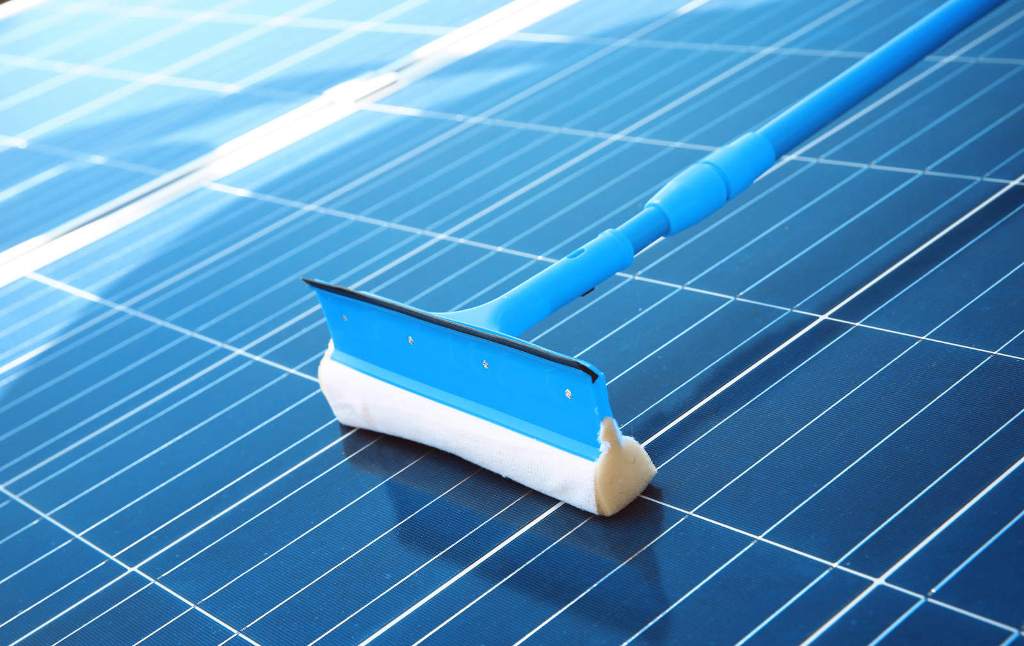What to Know About the Commercial Solar Installation Process
December 27, 2022
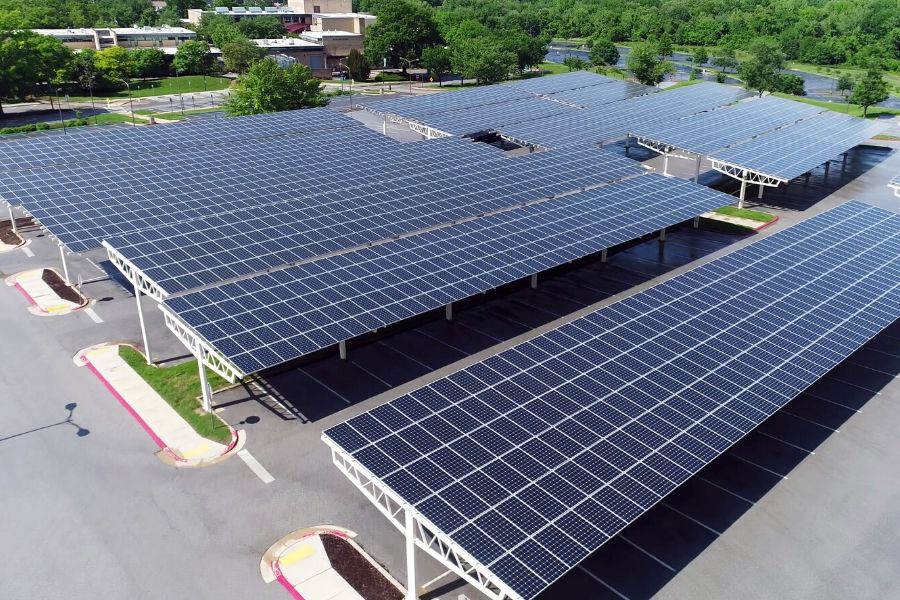
Installing a commercial solar energy system can be a complex and involved process, but it can also bring many benefits to a business. Here are some key points to consider when planning a commercial solar installation.
Assess your energy needs: It’s important to understand how much energy your business uses and what your goals are for using solar power. This will help you determine the size and type of solar panel system that will best meet your needs.
Conduct a site assessment
A site assessment will help determine the feasibility of installing solar panels on your property. Factors to consider include the location and orientation of the building, the amount of available space, and any shading issues.
Choose the right solar panel system
There are many different types of solar panel systems available, each with its own advantages and disadvantages. It’s important to choose a system that will be most effective for your business based on your energy needs and available space.
Select a reputable installer
It’s important to work with a reputable and experienced solar panel installer to ensure that your system is installed correctly and meets all necessary codes and regulations.
Understand the financial aspects
There are various financial incentives available for commercial solar installations, including tax credits and grants. It’s important to understand these incentives and how they can help offset the upfront cost of installing a solar panel system.
Monitor and maintain your system
Regular maintenance and monitoring of your solar panel system can help ensure that it is operating at peak efficiency and maximizing your energy savings.
Also Read: How to Get the Most Accurate Solar Installation Quote
How to start a commercial solar installation project
Assess your energy needs
Determine how much energy your business uses and what your goals are for using solar power. This will help you determine the size and type of solar panel system that will best meet your needs.
Conduct a site assessment
A site assessment will help determine the feasibility of installing solar panels on your property. Factors to consider include the best location and orientation of the building, the amount of available space, and any shading issues.
Choose the right solar panel system
There are many different types of solar panel systems available and the right solar size, each with its own advantages and disadvantages. It’s important to choose a system that will be most effective for your business based on your energy needs and available space.
Select a reputable installer
It’s important to work with a reputable and experienced solar panel installer to ensure that your system is installed correctly and meets all necessary codes and regulations.
Understand the financial aspects
There are various financial incentives available for commercial solar installations, including tax credits and grants. It’s important to understand these incentives and how they can help offset the upfront cost of installing a solar panel system.
Monitor and maintain your system
Regular maintenance and monitoring of your solar panel system can help ensure that it is operating at peak efficiency and maximizing your energy savings.
Get started
Once you have a clear plan in place, you can begin the process of installing your commercial solar energy system. This may involve obtaining permits, hiring contractors, and coordinating with utility companies.
In conclusion, a commercial solar installation can be a complex process that involves assessing your energy needs, conducting a site assessment, choosing the right solar panel system, selecting a reputable installer, understanding the financial aspects, and monitoring and maintaining your system. However, it can also bring many benefits to your business, including reduced energy costs, a smaller carbon footprint, and increased sustainability. By carefully planning and executing a commercial solar installation project, your business can take advantage of the many benefits of solar energy.
Go Solar & get smart energy
Related Articles:

